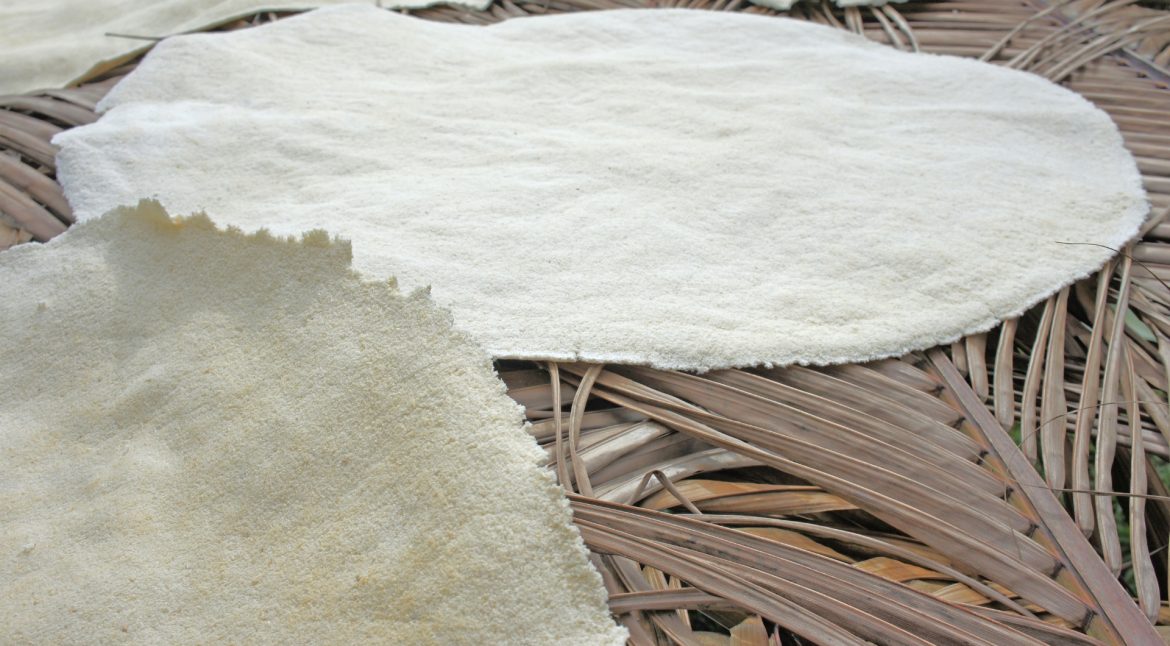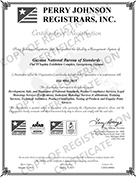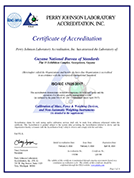In Guyana, cassava bread holds a cherished place in the hearts, diets, and traditions of many indigenous communities. This age-old food staple, derived from the cassava root has not only served as sustenance but also as a symbol of cultural identity which is in keeping with the theme for this year’s Amerindian Heritage Month: “Sustaining our Cultural Heritage and Identity while contributing to One Guyana.”
The Guyana National Bureau of Standards adopted the CARICOM Regional Standard, CRS 19:2010 – “Specification for Cassava Bread” as a National Standard, to align the making of this indigenous food product with modern-quality assurance.
Cassava bread, also called Eki, Beiju, Baad, Alehpah and Kali in the various indigenous languages, has deep roots in Guyana’s indigenous cultures and Amerindian communities, and while it has long been a dietary staple, the introduction of this standard is a significant step forward.
Conforming to standards is not just about ensuring quality. Standards play a pivotal role in the world of food production by providing a framework for consistency, quality assurance, safety and market access.
The CRS 19:2010 Standard specifies the requirements for Cassava Bread and its related products to ensure adequate and hygienic production, and acceptable product quality and safety for human consumption.
Specific requirements of the standard include that cassava bread must be crisp and uniformed in texture and appearance, free from any odor, fungus or molds, traces of insects or rodent infestation, or any rancid flavours. As the commodity is made from bitter cassava, the standard also specifies that it must be free from any bitter or unpleasant taste.
The Standard also covers packaging and hygiene during production and sampling. Hygienic conditions include requirements for the premises and equipment to be maintained, cleaned and sanitized to ensure contamination is minimized. Persons preparing the product are also required to meet all national health requirements to handle food products.
The GNBS encourages makers of cassava bread to acquire a copy of the standard at an affordable cost, and work to conform to its requirements to enhance their product quality and consistency for consumer satisfaction. Interested persons can also to visit our Standards Portal via www.gnbsguy.com to learn more about the standard.
In Guyana and throughout the Caribbean, cassava bread is consumed as a light snack and while it is usually served with pepper pot, tuma pot or other stews. Cassava bread can also be paired toasted with cheese, peanut butter, jams and other spreads.
For more information, contact the GNBS on Tel: 219-0064-66 or visit our website: www.gnbsgy.org






